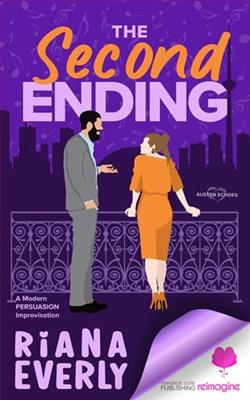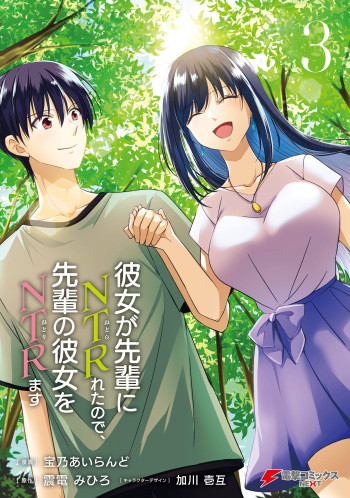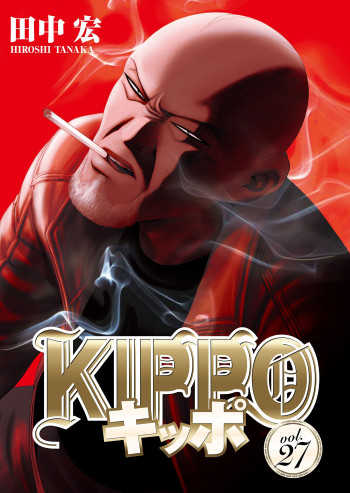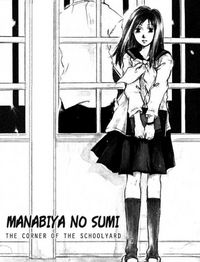Martial Peak Reviews
Riana Everly's The Second Ending is a compelling narrative that delves into the complexities of love, ambition, and the enduring impact of past relationships. At its core, the novel explores the intricate dance between personal growth and the inescapable pull of history, all set against the backdrop of a contentious development project that threatens to upend lives and landscapes alike.
The story centers on Ashleigh Lynch, a character who embodies the struggle between familial expectations and personal desires. Once a law student with dreams that were systematically crushed by her elitist family, Ashleigh has emerged as a lawyer, albeit one still haunted by the shadows of her past. Her unexpected reunion with Marcus Fredericks, her former lover and now the owner of a development company, serves as the catalyst for a journey of self-discovery and emotional reckoning.
Everly skillfully crafts Ashleigh's character, portraying her as a woman caught between the person she was and the person she aspires to be. The tension between her professional obligations and personal inclinations is palpable, making her a relatable and multidimensional protagonist. Her interactions with Marcus are charged with a mix of nostalgia and unresolved tension, reflecting the complexity of rekindling a romance that was never fully extinguished.
Marcus, on the other hand, is a character who has transformed significantly since his days as a construction worker. His rise to owning a development company is not just a testament to his ambition but also a reflection of his resilience and determination to defy societal expectations. His presence in Ashleigh's life forces her to confront the choices she made and the dreams she abandoned, adding layers of depth to their evolving relationship.
The novel's thematic exploration of second chances is both poignant and thought-provoking. Everly deftly navigates the idea that while time may change circumstances, the essence of who we are and what we desire often remains constant. The narrative raises important questions about the nature of happiness and the courage it takes to reclaim it, even when it means facing old fears and adversaries.
One of the novel's strengths lies in its ability to weave together personal and professional conflicts. The development project that pits Ashleigh against Marcus serves as a metaphor for the larger battle between progress and preservation, both in terms of the physical landscape and the emotional terrain of their relationship. This duality adds a layer of complexity to the story, making it more than just a romance but a commentary on the choices we make and the legacies we leave behind.
Everly's writing is both evocative and engaging, drawing readers into the emotional world of her characters with ease. Her ability to capture the nuances of human emotion and the intricacies of interpersonal dynamics is reminiscent of authors like Jojo Moyes and Nicholas Sparks, who similarly explore themes of love, loss, and redemption. However, Everly distinguishes herself with her focus on the interplay between personal ambition and romantic fulfillment, offering a fresh perspective on the genre.
The supporting characters in The Second Ending add richness to the narrative, each serving as a mirror to Ashleigh's internal struggles. The charming city planner who catches her eye represents the allure of new beginnings, while her family embodies the weight of tradition and expectation. These interactions highlight the novel's exploration of identity and the courage it takes to forge one's path, even when it means defying those closest to us.
As the story unfolds, the stakes are raised when Ashleigh discovers the true nature of her adversary, leading to a climax that is both unexpected and satisfying. The resolution of the development project serves as a metaphor for Ashleigh's personal journey, illustrating the power of resilience and the importance of staying true to oneself.
In conclusion, The Second Ending is a beautifully crafted tale that resonates with anyone who has ever grappled with the tension between past and present, duty and desire. Riana Everly has created a narrative that is both timeless and timely, offering readers a story that is as much about finding love as it is about finding oneself. With its rich character development, engaging plot, and insightful themes, this novel is a must-read for fans of contemporary romance and anyone seeking a story that speaks to the heart.
























Reviews 0
Post a Reviews: